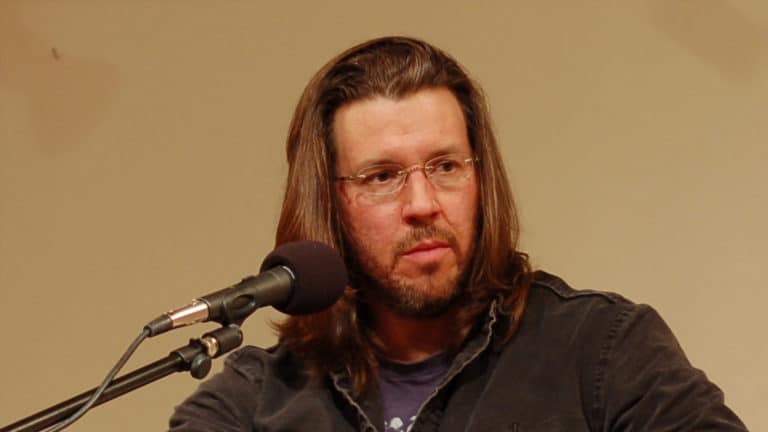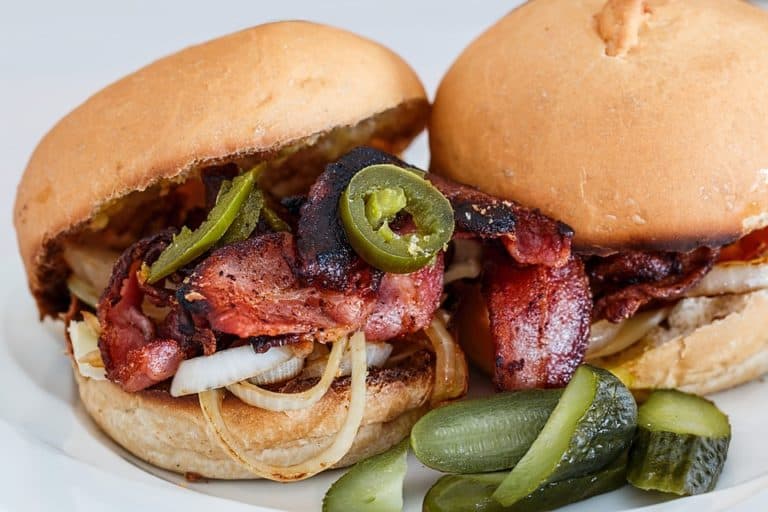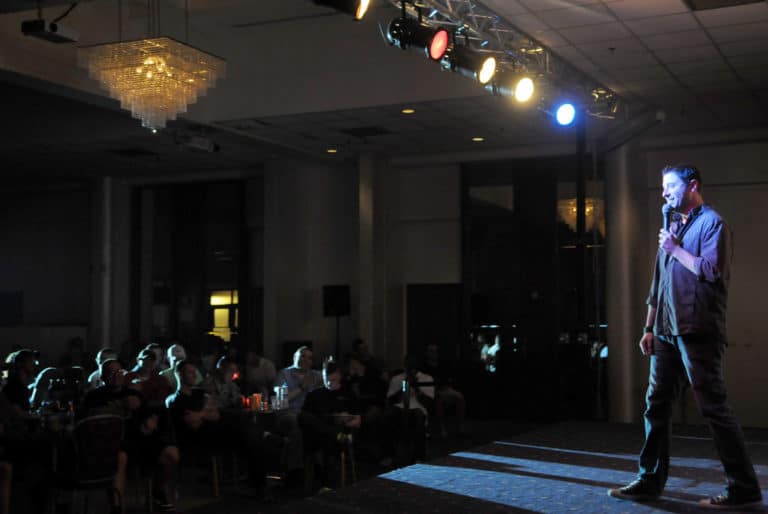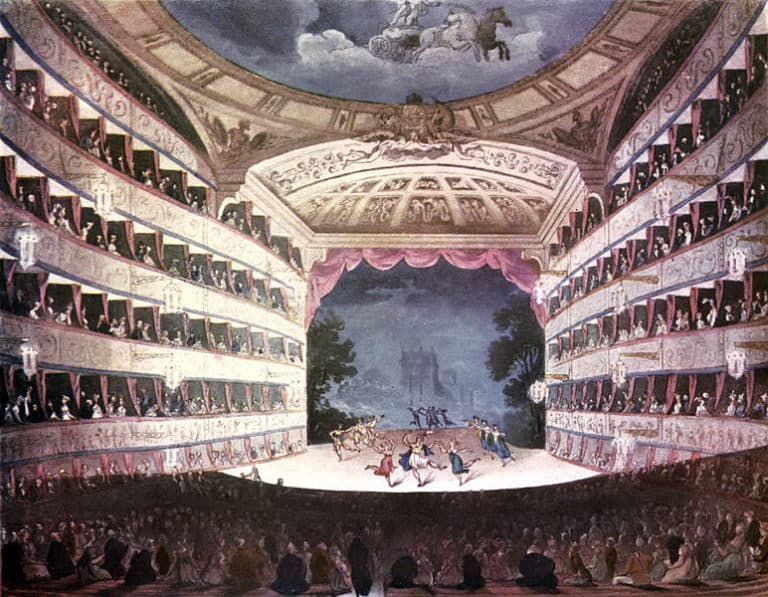Why do writers so often try to emulate authors that we have nothing in common with? Or whose work we understand least? We try to write exactly like canonical literary superstars who do things on the page that seem completely out of reach for someone with our precise skill set. We bang our heads against our perceived mediocrity trying to master the writing skills we do not quite possess. Perhaps you desperately try to write like your favorite author, stealing her metaphors, mimicking her sentence structure, and ripping off her subject matter only to realize that you are really not her, and will never be her. You are: only you.
But you, dear writer, are your best asset. You are the only one who can write your book, your way. And if you don’t write your book, who will? Take a break from trying to improve your alleged writerly weaknesses and instead focus on your magnificent and unique capabilities.
Great writers play to their strengths. If you’re hilarious, let yourself be funny. If you have an ear for dialogue, keep your characters talking. If you have a sixth sense for plotting and suspense, write a mystery.
Maybe you’re not sure what you are good at. Writers are excellent at delusion and self-loathing. Sharing work with thoughtful readers is an excellent way to find out what you’re doing right as much as what needs work. Don’t be surprised when sentences you labored over, each word hacked from your brain with a hammer and chisel until your fingers blistered and your eyes bled, are the weakest parts of your submission. On the other hand, that one paragraph, the one you don’t even remember writing, the one where you rattled off a weird and vivid description of some random parked car, barely even thinking about it, might be the very thing that gets you into the New Yorker.
That was you, being you.
Don’t forget, readers have very high B.S. detectors. They know when the writer is hiding from them, when they are being pompous or bland and lazy, when they are, in a word: phony. So, don’t be. Readers value and respond to authenticity most of all. Craft your sentences in a way that delights you, and you will delight your reader. Keep what works, discard the rest and one day soon, it will all work. Great writing is compelling, infused with a facet of the author’s personality, and above all, real. So, trust your gut and instead of avoiding who you are as a writer, try very hard to be yourself, swinging like a bejeweled trapeze artist from strength to strength, writing fiction that could only have come from the one and only: you.





















